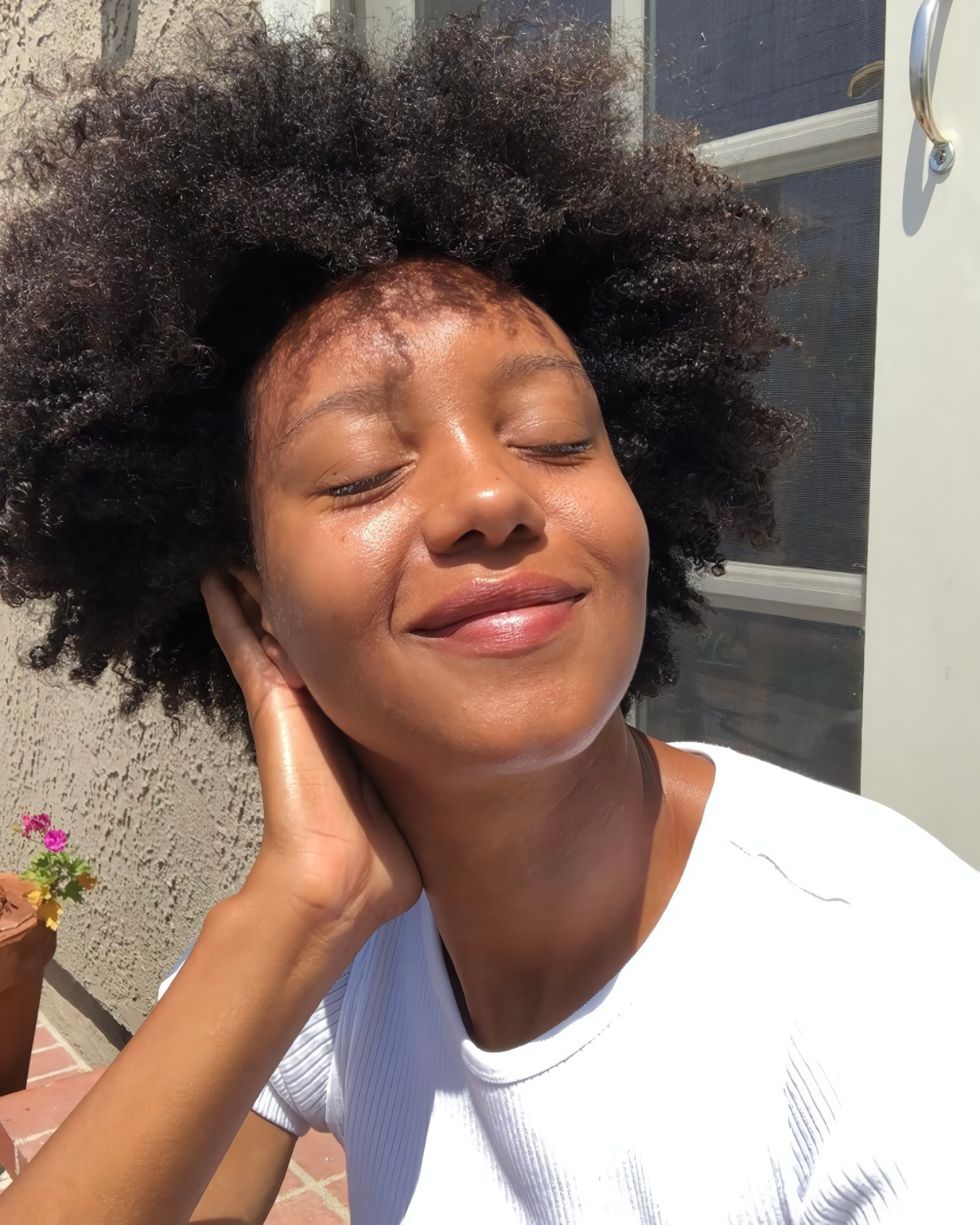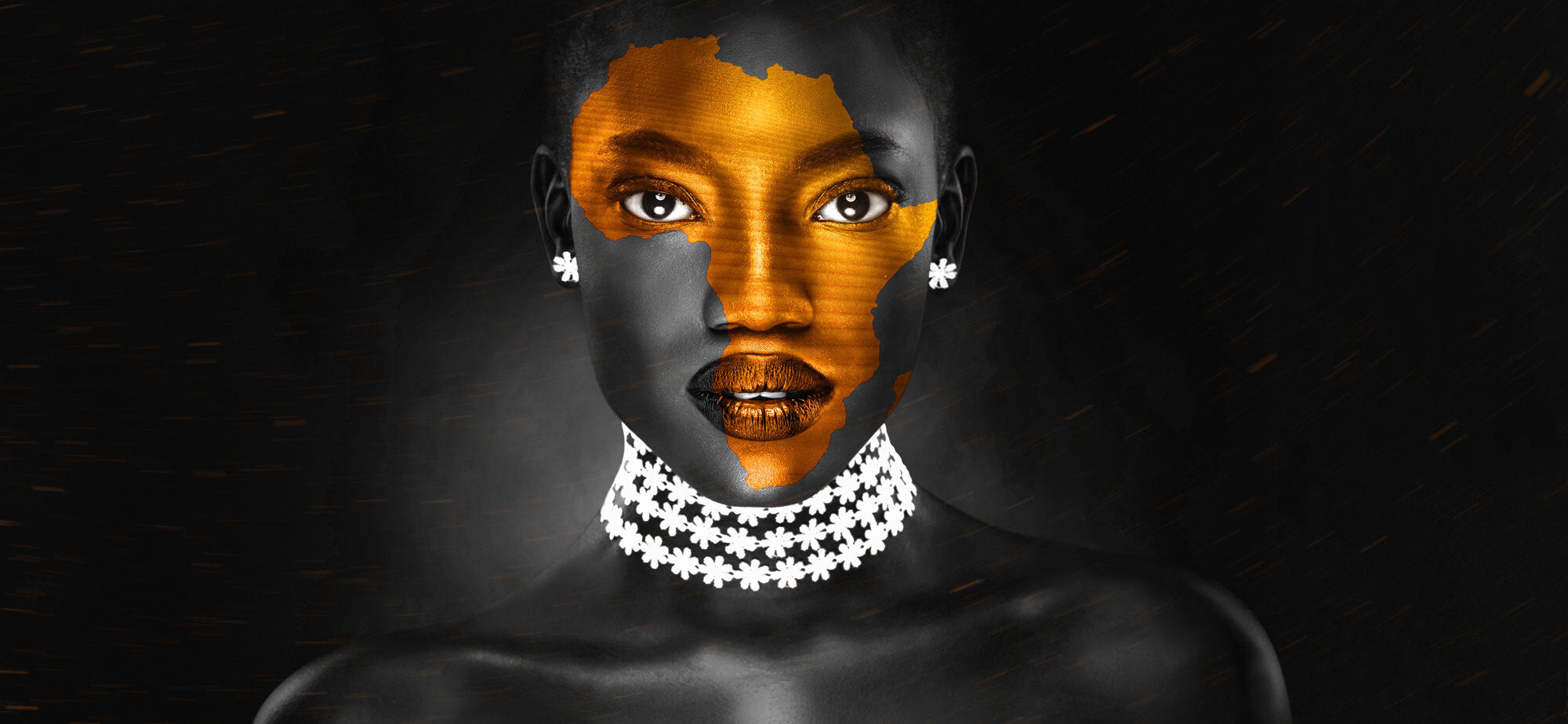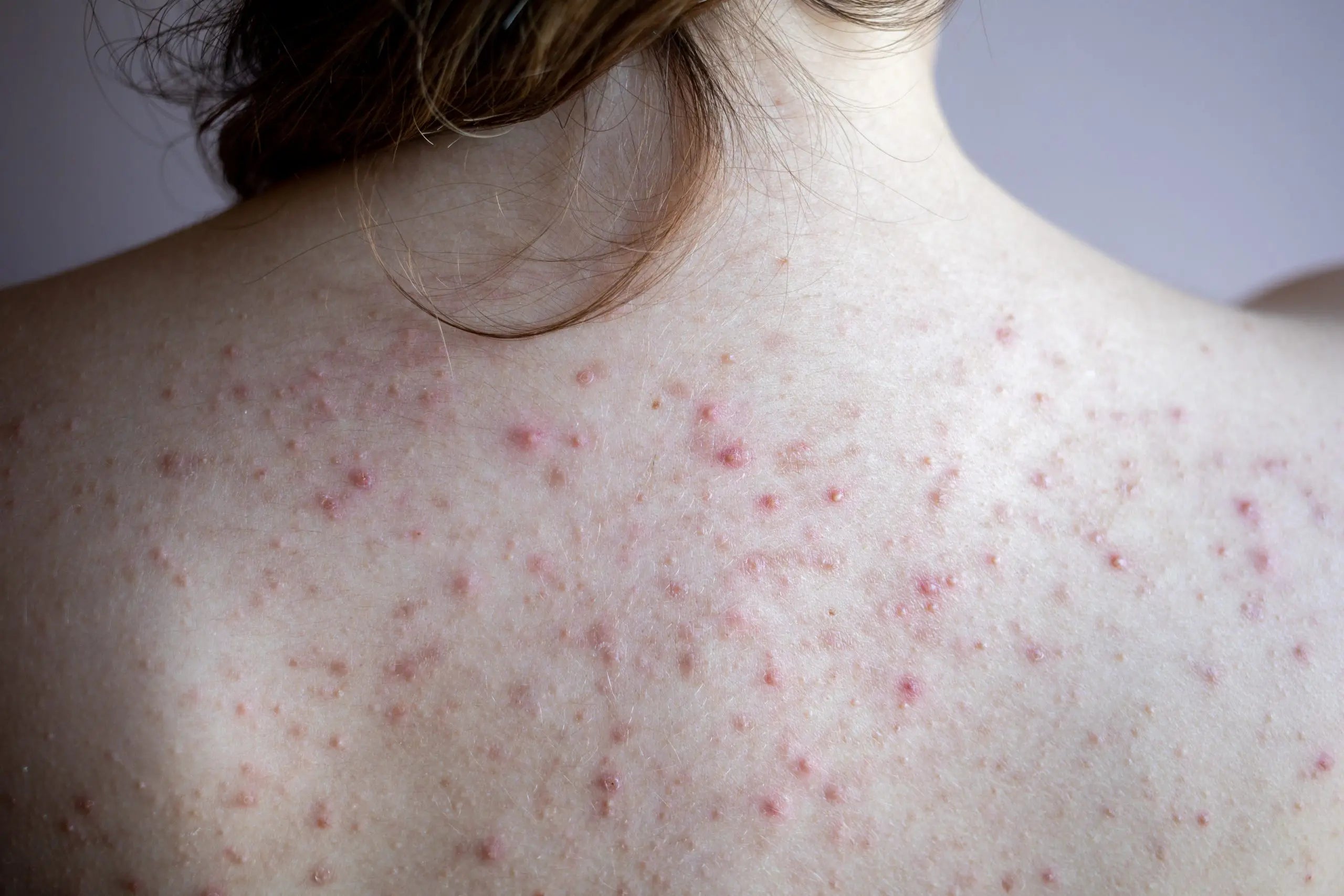
Understanding Nodular Acne: Causes, Symptoms, and Natural Treatment Options
Nodular acne is a severe form of acne that can be both physically and emotionally distressing. It is important to have a comprehensive understanding of nodular acne, including its causes, symptoms, and natural treatment options. We'll delve into what nodular acne is, its causes, and symptoms, and explore natural treatments that can help manage and prevent this skin condition.
What is Nodular Acne?
Nodular acne is a severe and painful form of acne characterized by the formation of large, inflamed nodules or cysts that develop beneath the skin's surface. These nodules are deeper and more significant than typical acne pimples and whiteheads. They can be particularly distressing due to their size, tenderness, and potential to leave scars. Nodular acne often occurs when hair follicles become blocked by an overproduction of sebum and an accumulation of dead skin cells, creating an environment that is conducive to bacterial growth and inflammation. Nodular acne can occur on various parts of the body, but it's most common on the face, neck, chest, and back. It's essential to address nodular acne promptly to minimize discomfort and reduce the risk of scarring.
What Causes Nodular Acne?
Nodular acne is primarily caused by a combination of factors that lead to the formation of large and painful nodules beneath the skin's surface. The exact causes of nodular acne can vary from person to person. However, several factors contribute to its development:
- Hormonal Fluctuations: Hormonal imbalances, such as those that occur during puberty, menstruation, pregnancy, or as a result of certain medical conditions, can influence sebum production and the development of nodular acne.
- Excess Sebum Production: Overproduction of sebum (skin oil) can clog hair follicles, leading to the formation of nodules.
- Accumulation of Dead Skin Cells: Over time, dead skin cells can accumulate on the surface of the skin. When these dead cells mix with excess sebum, they can form plugs that block hair follicles, creating an ideal environment for acne development.
- Genetics: If you have a family history of severe acne, you may be more prone to nodular acne.
- Bacterial Infection: The presence of bacteria on the skin, particularly Propionibacterium acnes, can lead to infection within blocked follicles. This infection causes inflammation and can contribute to the painful nature of nodular acne.
- Diet and Lifestyle: Some studies have shown consuming a diet high in refined sugars, dairy products, and stress can exacerbate acne symptoms.
Symptoms of Nodular Acne
Nodular acne is characterized by distinctive symptoms that set it apart from milder forms of acne. Unique symptoms of nodular acne include:
- Painful, Large Nodules: The most apparent symptom is the presence of large, painful, and hard nodules beneath the skin's surface. These nodules are more substantial and more painful than typical acne pimples.
- Inflammation and Redness: Nodules are often red and inflamed, making them stand out.
- Tenderness and Pain: Nodules can be tender and painful to the touch. This pain can be a result of the inflammation and pressure within the nodule.
- Potential for Pus: In some cases, nodular acne may become filled with pus, further increasing the discomfort and swelling. These pus-filled nodules are often referred to as nodular cysts.
- Lack of a Visible Head: Nodular acne lesions typically lack a visible whitehead or blackhead that is commonly seen in other types of acne.
- Scarring: Nodular acne has a higher likelihood of leaving behind scars. These scars can be depressed or pitted and may persist long after the acne has cleared. Without proper care, nodular acne can lead to severe scarring.
- Emotional Impact: Nodular acne can significantly impact self-esteem and confidence due to its appearance and discomfort.
How to Treat Nodular Acne Naturally
Managing nodular acne naturally involves a combination of skincare practices and lifestyle changes. Here are some natural treatment options to consider:
- Keep Your Skin Clean: Gently cleanse your face twice daily with a mild, sulfate-free cleanser. Avoid harsh scrubbing, which can worsen inflammation.
- Dietary Adjustments: Consume a balanced diet rich in fruits, vegetables, and whole grains while reducing sugary and dairy-based foods. Stay hydrated to help flush toxins from your body.
- Tea Tree Oil: Applying diluted tea tree oil to affected areas can help reduce inflammation and fight acne-causing bacteria.
- Honey and Cinnamon Masks: A mixture of honey and cinnamon applied as a mask can have anti-inflammatory properties.
- Stress Management: High stress levels can exacerbate nodular acne. Practice stress-reduction techniques such as yoga, meditation, or deep breathing exercises.
Remember that results from natural treatments can vary from person to person, and they may take time to show improvement.
Can Salicylic Acid Help Nodular Acne?
Salicylic acid, a common ingredient in over-the-counter acne treatments, can help with nodular acne. It exfoliates the skin and helps to unclog pores, reducing the formation of new nodules. You can also try an exfoliant with natural ingredients.
Is Nodular Acne Filled with Pus?
Nodular acne typically does not contain pus like regular whiteheads or pustules. It's characterized by hard, inflamed nodules beneath the skin's surface. However, in some cases, nodular acne may become filled with pus, further increasing the discomfort and swelling. These pus-filled nodules are often referred to as nodular cysts.
How to Prevent Nodular Acne
Preventing nodular acne involves a combination of good skincare practices, a healthy lifestyle, and paying attention to potential triggers. While some factors leading to nodular acne, like genetics and hormonal changes, are beyond your control, you can take steps to reduce the risk:
- Balanced Diet:
- Maintain a diet rich in nutrients and low in processed foods.
- Include plenty of fruits, vegetables, and whole grains.
- Limit the consumption of dairy products and high-glycemic foods, as they may exacerbate acne in some individuals.
- Proper Skincare:
- Develop a gentle skincare routine, avoiding harsh products that may irritate your skin.
- Avoid harsh scrubbing or exfoliation, as this can irritate the skin and worsen acne.
- Remove makeup before bedtime to prevent clogged pores and breakouts.
- Lifestyle Management:
Conclusion: Nodular acne can be a challenging condition to manage, but with the right knowledge and natural treatment options, you can effectively reduce its impact on your life. It's essential to consult with a dermatologist for severe cases and consider a combination of natural remedies and medical treatments for the best results. Remember that with patience and the right approach, nodular acne can be managed and prevented.






